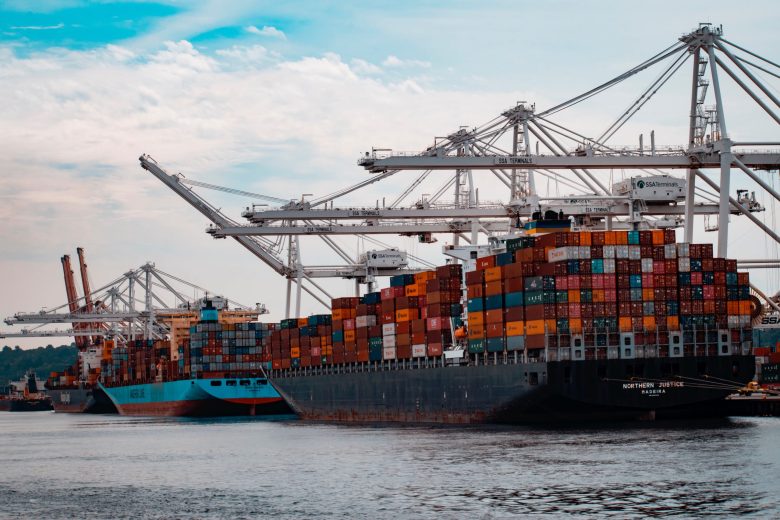
Global efforts to prevent anti-competitive conduct from occurring in the supply and distribution of goods has been boosted by a new working group made of the ACCC, US Department of Justice and Federal Bureau of Investigation, Canadian Competition Bureau, NZ Commerce Commission, and UK Competition and Markets Authority.
The five competition authorities have joined forces to focus on illegal conduct, including collusion, in global supply chains, considering the pandemic-induced disruptions that have led to much higher freight rates and more expensive goods for consumers.
This new working group complements several existing formal and informal cooperation agreements with competition agencies in the US, UK, Canada and New Zealand, designed to improve the effectiveness and efficiency of competition investigations that span multiple jurisdictions.
Types of anti-competitive conduct the working group will be watching for include cartels and any other activities that materially impact competition, such as exclusionary arrangements by firms with market power.
“The global freight supply chain is a complex network involving many jurisdictions, so naturally detecting anti-competitive conduct requires strong international partnerships,” ACCC chair Rod Sims said.
“COVID-19 has caused the supply chain disruptions the world is currently experiencing, but the purpose of this working group is to detect any attempts by businesses to use these conditions as a cover to work together and fix prices.”
Sims added that the ACCC will be sharing intelligence to identify any behaviour that restricts or distorts competition, and companies are now on notice that the ACCC and its international counterparts will be ready to act.
Sims also mentioned that increased demand for containerised cargo and heavy congestion across the global supply chain have caused disruptions and delays to most parts of the economy, from agriculture to health care.
Freight rates on key global trade routes are also currently about seven times higher than they were two years ago, impacting paper prices and causing supply chain issues.
“Australia is an open, trade-exposed economy, and like the other international agencies in this working group, we have a very strong interest in preserving strong competitive markets for global trade,” Sims said.
Comment below to have your say on this story.
If you have a news story or tip-off, get in touch at editorial@sprinter.com.au.
Sign up to the Sprinter newsletter
